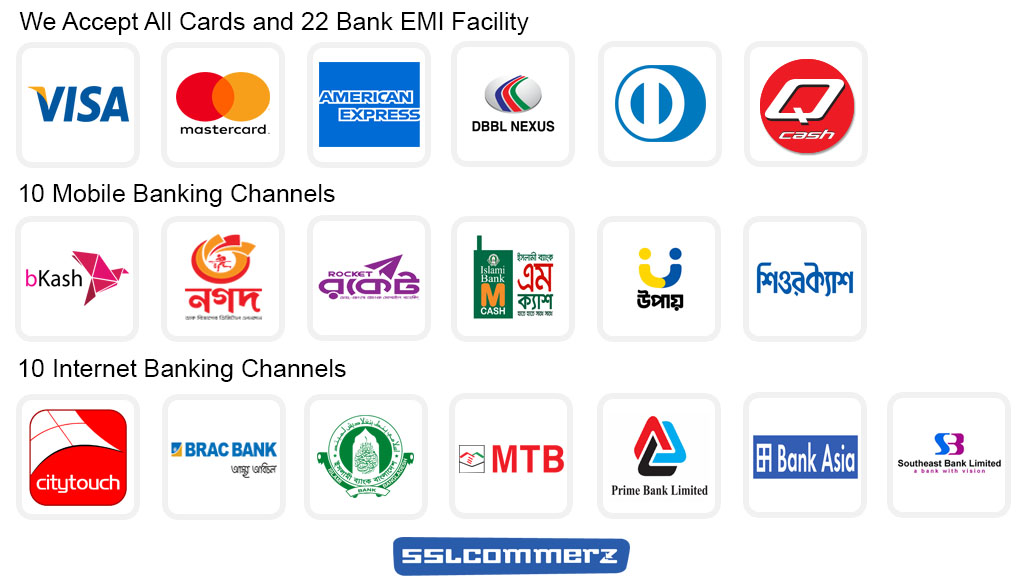AWS – Cloud Foundation
The AWS Cloud Practitioner Foundation course is designed to introduce learners to the fundamental concepts and key services of Amazon Web Services (AWS). Whether you are completely new to cloud computing or familiar with basic IT infrastructure, this course will provide you with a solid foundation to understand the AWS Cloud and its global infrastructure. Throughout the course, you’ll explore core AWS services, such as computing, storage, networking, and databases, while gaining insight into the benefits of cloud computing, including scalability, security, and cost management.
This course prepares you for the AWS Certified Cloud Practitioner certification, a valuable credential that demonstrates a foundational understanding of AWS and its cloud-based offerings.
Course Objectives:
By the end of this course, learners will be able to:- Understand Cloud Computing Concepts: Define cloud computing, recognize its advantages, and differentiate between cloud deployment and service models.
- Identify Key AWS Services: Explore core AWS services including computing, storage, databases, and networking.
- Navigate AWS Global Infrastructure: Explain the significance of AWS regions and availability zones and how they support the high availability and reliability of applications.
- Understand AWS Pricing and Support: Learn about AWS pricing models, billing management tools, and the available support plans.
- Understand AWS Security and Compliance: Grasp the AWS Shared Responsibility Model and understand basic security features, such as IAM and encryption.
- Leverage Cloud Best Practices: Apply cloud architecture best practices in building secure, cost-effective, and reliable cloud-based solutions.
- Prepare for AWS Certification: Gain knowledge and practical insights to confidently prepare for the AWS Cloud Practitioner certification exam.
Course Pre-requisite:
This course is designed for beginners with no prior knowledge of AWS or cloud computing. However, a basic understanding of IT infrastructure concepts, such as servers, networking, and storage, can be helpful. Recommended pre-requisites include:- Basic knowledge of IT infrastructure (e.g., desktop vs. server, storage types, basic networking).
- Familiarity with networking basics (e.g., routers, switches, IP addresses).
- An interest in cloud computing and foundational IT architecture concepts.
Course Summary
Course Fee
৳ 8,000
Training Method
Online
Total Modules
16
Course Duration
32 Hours
Total Session
16
Class Duration
2 Hours

Details Course Outlines
Module-1
Introduction to Cloud Computing
- Definition of Cloud Computing
- Benefits of Cloud Computing
- Types of Cloud Models (Public, Private, Hybrid)
- Cloud Service Models (IaaS, PaaS, SaaS)
- Key Cloud Providers
- Overview of Cloud Computing Trends
Module-02
AWS Overview and Global Infrastructure
- Introduction to AWS
- AWS Global Regions and Availability Zones
- Core AWS Services
- AWS Shared Responsibility Model
- AWS Security Best Practices
- AWS Compliance Programs
Module-03
Compute Services
- Introduction to Compute in AWS
- Amazon EC2 Overview
- EC2 Instance Types and Pricing Models
- Elastic Load Balancing (ELB)
- Auto Scaling Basics
- AWS Lambda Overview
Module-04
Storage Services
- Introduction to AWS Storage Services
- Amazon S3: Features and Use Cases
- Amazon EBS: Elastic Block Storage
- Amazon Glacier: Archival Storage
- AWS Storage Gateway
- S3 Security and Access Control
Module-05
Networking and Content Delivery
- Amazon VPC: Virtual Private Cloud
- Subnets, Route Tables, and Gateways
- Security Groups and Network ACLs
- Elastic IPs and NAT Gateways
- Route 53: DNS and Traffic Management
- CloudFront: Content Delivery Network (CDN)
Module-06
Database Services
- Introduction to AWS Databases
- Amazon RDS: Relational Databases
- DynamoDB: NoSQL Databases
- Amazon Redshift: Data Warehousing
- Database Migration Service (DMS)
- Aurora: MySQL and PostgreSQL-Compatible Database
Module-07
Security and Identity Management
- AWS IAM: Users, Groups, Roles
- Identity Federation and Multi-Factor Authentication (MFA)
- AWS Key Management Service (KMS)
- Encryption and Data Protection
- AWS Organizations and Control Tower
- VPC Security Best Practices
Module-08
Monitoring and Management
- AWS CloudWatch: Monitoring and Metrics
- AWS CloudTrail: Logging and Auditing
- AWS Config: Resource Configuration Monitoring
- AWS Systems Manager
- Service Health Dashboard
- Troubleshooting with AWS Support
Module-09
Cost Management and Billing
- AWS Pricing Models (On-Demand, Reserved, Spot)
- AWS Free Tier Overview
- Billing and Cost Management Dashboard
- AWS Budgets and Alerts
- Cost Optimization Strategies
- Consolidated Billing
Module-10
DevOps and Automation
- Introduction to DevOps in AWS
- AWS CodePipeline
- AWS CodeBuild
- AWS CloudFormation for Infrastructure as Code
- AWS Elastic Beanstalk
- Continuous Integration/Continuous Deployment (CI/CD)
Module-11
Application Services
- Amazon SQS: Simple Queue Service
- Amazon SNS: Simple Notification Service
- Amazon SES: Simple Email Service
- AWS Step Functions
- AWS AppSync
- AWS Elastic Transcoder
Module-12
Analytics and Big Data
- AWS Data Analytics Services Overview
- Amazon Kinesis: Real-Time Streaming Data
- Amazon EMR: Hadoop and Big Data Processing
- AWS Glue: Data Integration Service
- Amazon QuickSight: Business Intelligence
- Data Lake Solutions on AWS
Module-13
Machine Learning and AI
- Introduction to Machine Learning on AWS
- Amazon SageMaker Overview
- AWS Rekognition: Image and Video Analysis
- AWS Polly: Text-to-Speech
- AWS Lex: Conversational Interfaces
- AI Use Cases in AWS
Module-14
Hybrid Cloud and Migration
- . Introduction to Hybrid Cloud
- AWS Direct Connect
- AWS Storage Gateway
- AWS Migration Hub
- AWS Snowball: Data Transfer
- Best Practices for Cloud Migration
Module-15
Serverless Architecture
- Introduction to Serverless Computing
- AWS Lambda: Functions as a Service
- Amazon API Gateway
- AWS Step Functions: Orchestration
- Serverless Databases (DynamoDB, Aurora Serverless)
- Benefits and Use Cases of Serverless
Module-16
AWS Certification and Best Practices
- AWS Certification Pathways
- Preparation Strategies for Certification
- AWS Well-Architected Framework
- Security Best Practices
- Performance Efficiency and Reliability
- Cost Optimization and Operational Excellence
